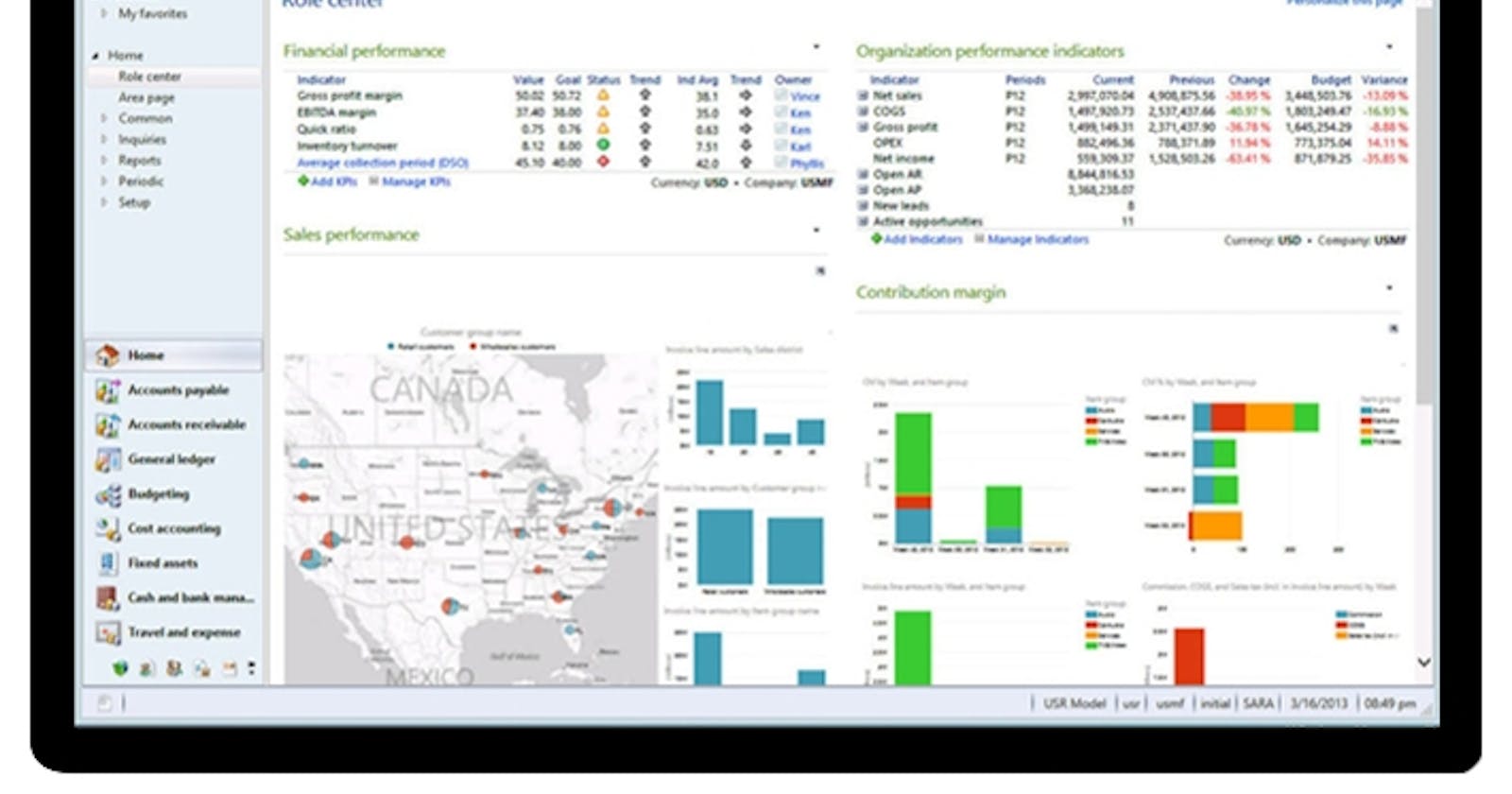As Microsoft Dynamics AX transitions out of mainstream support for its 2009, 2012, 2012 R2, and 2012 R3 versions, businesses worldwide are facing a critical juncture in their digital transformation journeys. This pivotal moment underscores the necessity for organisations to reassess their technological infrastructure and consider upgrading to the latest Dynamics 365 applications to ensure continuity, compliance, and competitive advantage.
Migration Times: Dynamics AX 2009, 2012, 2012 R2, and Dynamics AX 2012 R3
The Importance of Staying Updated
Remaining on outdated platforms poses significant risks, including security vulnerabilities, compliance issues, and operational inefficiencies. Microsoft's shift from Dynamics AX to Dynamics 365 represents not just an update but a transformational change, offering cloud-based solutions that enhance agility, provide advanced analytics, and improve customer engagement through artificial intelligence (AI) and machine learning capabilities.
Planning Your Upgrade Journey
Migrating to Dynamics 365 is more than a technical upgrade; it's an opportunity to reimagine business processes and strategies. Companies should begin by evaluating their current state, including customisation, integrations, and workflows, to understand the scope of the migration. Engaging with a Microsoft partner can provide valuable expertise and insights, ensuring a smooth transition that aligns with organisational goals.
Leveraging New Capabilities
Dynamics 365 offers a range of applications designed to cater to various business functions, from finance and operations to sales and customer service, all within a unified platform. This integration facilitates a seamless flow of information across departments, enhancing decision-making and operational efficiency. Furthermore, Dynamics 365's adaptability allows organisations to start with what they need and expand as their business grows, ensuring scalability.
Embracing the Cloud
The move to Dynamics 365 is also a shift towards cloud computing, offering benefits such as reduced IT overhead, global accessibility, and automatic updates. The cloud's scalability and flexibility enable businesses to adjust resources based on demand, improving cost-effectiveness. Additionally, Dynamics 365's powerful security features and compliance protocols ensure data protection and privacy, addressing one of the primary concerns of cloud adoption.
Navigating Challenges
While the benefits are clear, the transition can present challenges, including data migration, system integration, and user adoption. A detailed plan addressing these aspects is crucial for success. Training and change management initiatives are essential to help staff adapt to the new system, ensuring they can leverage Dynamics 365's full potential.
The Role of AI and Analytics
Dynamics 365 integrates AI and advanced analytics, offering predictive insights that can transform business operations. These technologies enable personalised customer experiences, optimise supply chains, and automate routine tasks, freeing employees to focus on strategic activities. By harnessing data, companies can make informed decisions, anticipate market trends, and deliver innovative solutions.
A Strategic Approach to Support and Maintenance
With the end of mainstream support for older versions of Dynamics AX, organisations must adopt a strategic approach to support and maintenance. While extended support is available, it is limited and does not include regulatory updates or new features. Thus, upgrading to Dynamics 365 not only ensures continuous support but also access to the latest innovations and security enhancements.
Looking Ahead
The Migrating from Dynamics AX to Dynamics 365 is not merely a technological upgrade but a strategic business decision that can significantly impact an organisation's future. It presents an opportunity to streamline operations, drive growth, and adapt to the rapidly evolving digital landscape. By embracing this change, companies can position themselves as leaders, ready to meet the challenges of tomorrow.
So, the end of mainstream support for Microsoft Dynamics AX marks a critical point for businesses to reassess their technological frameworks and embark on a journey toward digital transformation with Dynamics 365. By leveraging the power of the cloud, AI, and analytics within Dynamics 365, organisations can achieve operational excellence, innovate, and stay competitive in the digital age. The journey may be complex, but with careful planning, expert guidance, and a focus on long-term strategic goals, businesses can navigate this transition successfully and emerge stronger.
For more detailed information on the end of mainstream support for Dynamics AX and guidance on upgrading to Dynamics 365, visit Dynamics Square UK.

